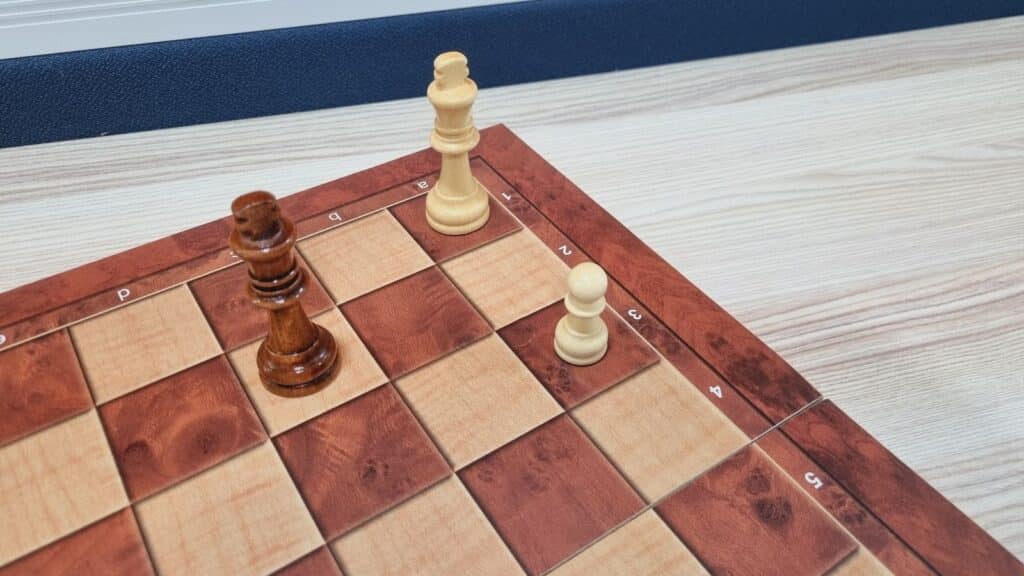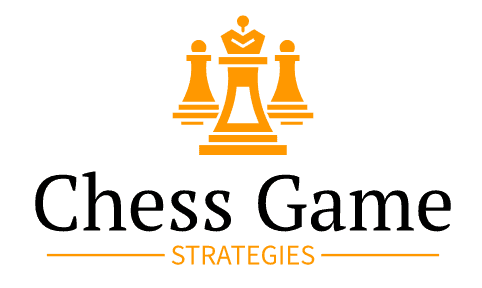
If patience is a virtue, playing chess is definitely an exercise of that virtue. It’s true that not every chess match takes long to end, and they normally only take longer than usual when highly skilled players are facing each other.
There are also long matches between low-rated players that can take quite a long time to end.
The longest match ever recorded happened in the World Junior Chess Championship in the Philippines in 1989, in which Ivan Nikolic of Yugoslavia and Goran Arsovic of Serbia played a total of 269 moves in the astonishing length of four days.
But are chess matches supposed to last for hours and hours? The answer most experts should give is a sound no.
The Threefold Repetition Rule
There is actually no rule, feature, aspect, or anything that states that chess matches should last little or long. There are, however, rules that intend to prevent matches from dragging on forever.
That is because some players may, when facing an imminent defeat, recur to numerous repetitions of the same moves in an attempt to tire the opponent and get a win.
This is what is called the threefold repetition rule, stated in Articles 5.2 item ‘d’ and 9.2 of the FIDE Laws of Chess. According to the rule, whenever the same exact position of all the pieces on the board repeats three times, the player who has the turn to play may call a draw.
Although the described situation might possibly happen at any point in the game, it’s much more common to be found in endgame stages.
Consider this situation: a player has lost most of his or her powerful pieces and is facing imminent defeat through constant checks, so this player starts stalling the game by making the same moves over and over again.
What could the other player do but also keep moving his pieces to keep checking the opponent’s king?
Perpetual Check Chess Rules
It was due to that situation that the threefold repetition rule was created. With this rule, the perpetual check situation could be prevented.
However, even though it seems to have been created to prevent stalling, the result of the threefold repetition rule mostly favors players facing imminent defeats. Most Grandmasters have come to face this situation and prevented losses by causing the third repetition of the move.
It’s one more of the behaviors that may sound like the world of chess frowns upon but are actually not seen as ill-intended at all. On the contrary, it’s seen more like a strategy to prevent a loss and score one point for the draw rather than stalling.
So, if you’re facing a perpetual check scenario, you can always attempt to cause your opponent to repeat the same move three times and call a draw to stop you from losing the game.
If you’re perpetually checking, make sure not to repeat the same move three times, or else you may end up losing a match that could be a clear win.


